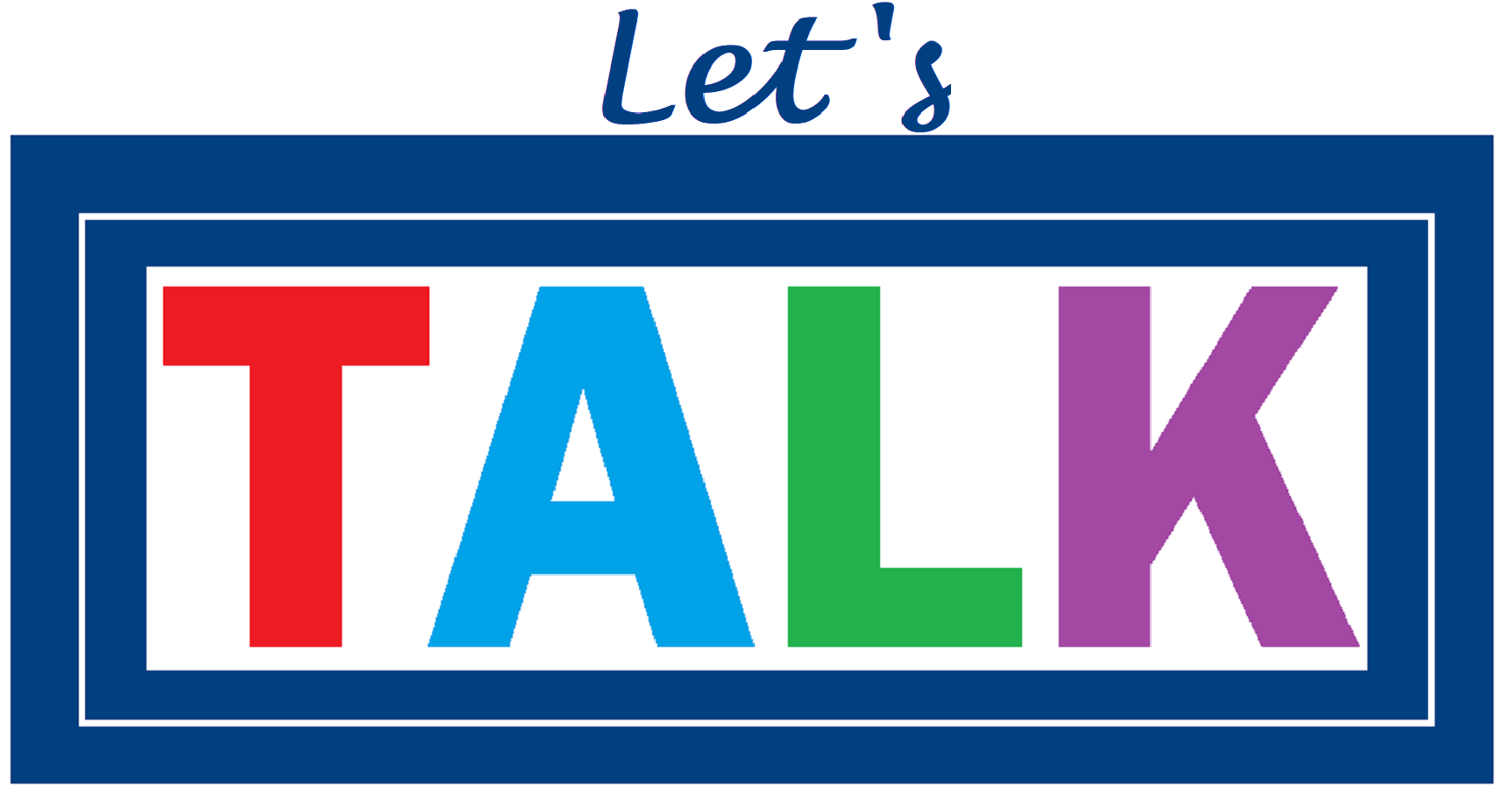By Kristi Vitelli
Want to do something this month that helps the planet? Take the challenge to cut down on your use of single-use plastics during the month of July. This challenge started in Western Australia in 2011, and has grown in worldwide popularity every year since.
You can sign up to take the challenge at www.plasticfreejuly.org. The mission of plasticfreejuly.org is to build a global movement that dramatically reduces plastic use and improves recycling worldwide. By encouraging people to be more aware of their plastic use, they hope create a cleaner world for generations to come. The main focus involves supporting behavior change by helping those of us who habitually use things like single-use shopping bags, straws, takeaway containers and coffee cups to give them up.
You are undoubtedly thinking “I can’t possibly eliminate all single-use plastic from my life.” The challenge is intended to make you think about all the single-use plastic you consume every day. Whatever you can cut out is a job well done! Not using single-use plastics that end up in our water is the first step to protect wildlife and the planet.
In an article by Laura Parker published in National Geographic, June 2018, entitled “We Made Plastic. We Depend On It. Now We’re Drowning In It,” she reveals that an astounding 18 billion pounds of plastic waste ends up in our oceans every year. Plastic waste breaks down into smaller plastic particles, microplastics, which remain in the water for hundreds of years, or worse, forever killing wildlife and threatening the future of our planet. Styrofoam cups are one of the worst forms of plastic pollution because it never fully degrades, instead leaving behind particles that remain in the environment for centuries.
For a bird, fish or turtle, small pieces of plastic are easily mistaken for food. Millions of marine animals die each year from plastic waste which can cause irritation or damage to the digestive system. If plastics are kept in the gut instead of passing through, the fish feel full (of plastic not food) and this can lead to malnutrition or starvation. Other sea creatures are strangled by abandoned fishing nets or discarded six-pack rings. In April 2018, a young sperm whale washed up on a beach in southern Spain. Scientists determined that it was killed by 64 pounds of waste lodged in its stomach. Most of it was plastic, but there were also ropes, pieces of net and other debris.
The amount of non-degradable plastic marine litter is expected to triple within the decade. Plastics have even been found in Arctic ice and more than a trillion bits of plastic could be released into our waters as glaciers melt.
On Hawaii’s Big Island, at Kamilo Point Beach, a beach that should be pristine since no paved road leads to it, Laura Parker walked ankle-deep through microplastics, crunching like Rice Krispies under her feet. Kamilo Point Beach catches plastic from the North Pacific gyre, the trashiest of five swirling current systems that transport garbage around the ocean basins and concentrate it in great patches. At Kamilo Point the beach is piled with laundry baskets, bottles, and containers with labels in Chinese, Japanese, Korean, English, and occasionally, Russian. On some beaches on the Big Island of Hawaii, as much as 15 percent of the sand is actually grains of microplastic.
All of this information is troubling, but what can you do? You can get involved! Take the challenge and refuse to use single-use plastic as much as possible during the month of July.
An easy way to start is by purchasing reusable produce bags and shopping bags. You can purchase reusable mesh bags for your produce online. Amazon sells ecofriendly reusable mesh produce bags that are machine washable. Grocery stores sell reusable shopping bags, or better yet, use any bag that you already have at home, like the canvas bags you get as free gifts from many department stores.
If you are worried that you will no longer be bringing home plastic bags that you need to empty waste from the litterbox or clean up after your dog, don’t despair. There are other ways to perform these tasks without plastic bags. Paper bags or pooper-scoopers can be used to pick up dog waste and a plastic bucket can be recycled to scoop kitty litter that is emptied into the garbage can. If you are creative, there are numerous YouTube videos that demonstrate how to fashion animal waste bags from newspapers like the Glastonbury Citizen.
You can also participate in local cleanups. Sundance Salon owner, Michelle Jacoby, organizes clean-ups along the banks of the Connecticut River here in Glastonbury and would love more volunteers. Remember that the land and sea, no matter where you are, are connected. The Connecticut River that flows through Glastonbury empties into the Long Island Sound.
If you take the challenge and adopt new behaviors during July, you might as well continue them forever. You can also challenge yourself to give up more plastic each month. Every little bit helps!
The Environment Committee of TALK (Truth and Action in Love and Kindness)
*This article was published prior to the start of the Green on the Corner
